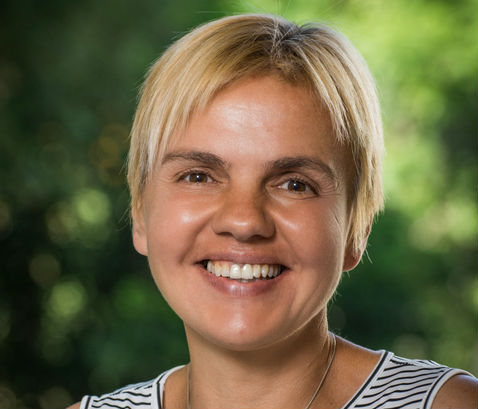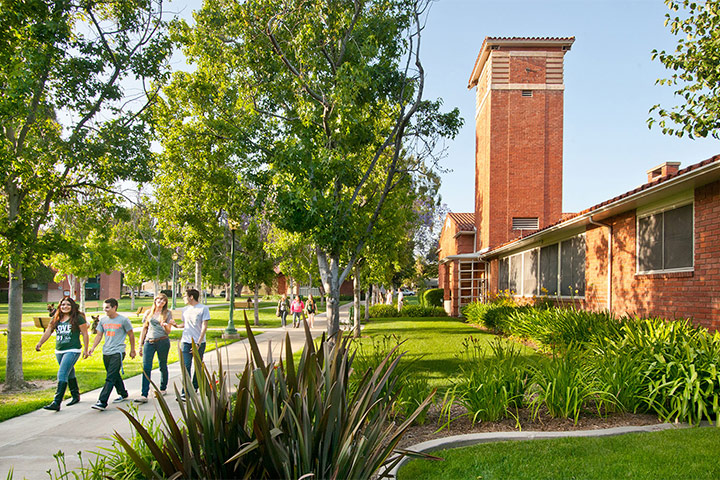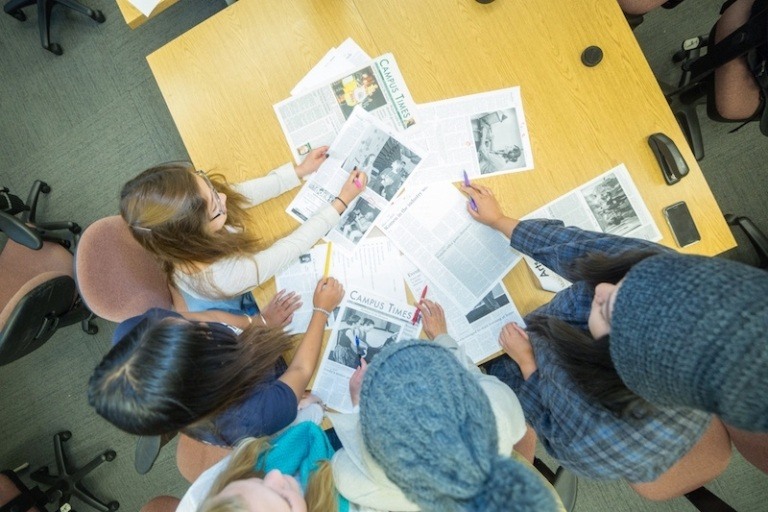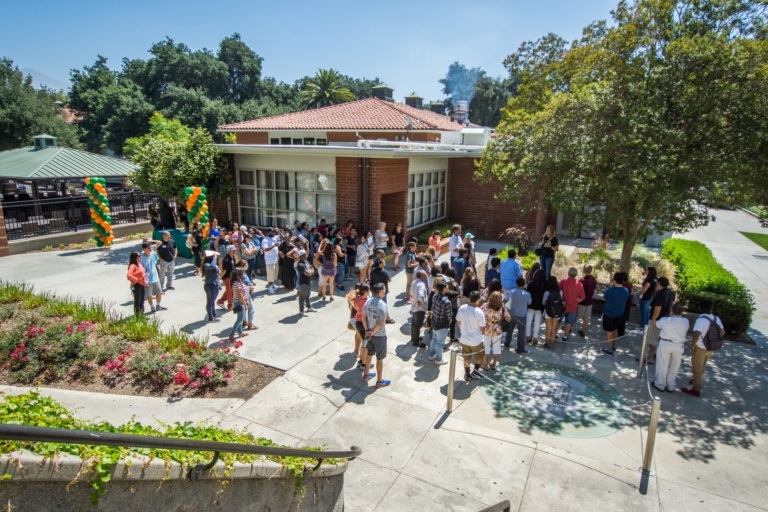University of La Verne Computational Biology Professor Aims to Unlock Genetic Code in Plants

A University of La Verne professor has developed an innovative and more accurate method of genetic analysis in plants that could prove to be an important step towards addressing world hunger and other important issues.
Dr. Tatiana Tatarinova, the Fletcher Jones Chair in Computational Biology, published her findings in an article titled “Nucleotide patterns aiding in prediction of eukaryotic promoters” in the Public Library of Science (PLOS) ONE academic journal on Nov. 15.
Tatarinova’s findings could eventually help scientists who work in the agricultural industry find ways of producing plants that have a higher yield, are drought resistant, and possess other favorable qualities.
“In maybe 40 years, there will not be enough food,” Tatarinova said. “Traditional methods of plant breeding have been nearly exhausted. The only way to increase crop production is enhancing plants’ tolerance to adverse environments, such as making rice grow on dry land and not being susceptible to infection. To achieve this, you need to understand the genome of the plant.”
As a computational biologist, Tatarinova uses computers, math, and algorithms to better understand biological processes. In addition to plants, computational biology has been used for creating models of the human brain and sequencing the human genome.
Understanding the genome of a plant begins with accurate annotation, determination of position, and the function of each gene.
Tatarinova explains that activating a gene (producing messenger RNA) is a process similar to using a door.
“You need to know where the door is, where the lock is, and what key to use,” she said. “And all of this is very dynamic and moves around.”
Tatarinova’s research advances the field of plant genomics, but it also presents other opportunities. The professor, who began teaching at the University of La Verne in the fall, has already opened the door for students to apply classroom knowledge to field research.
The university is developing collaborations with the Malaysian Palm Oil Board in Kuala-Lumpur, Malaysia and the International Rice Research Institute in Los Banos, Philippines.
Students will soon be able to travel to Philippines and Malaysia to work in the organizations’ research fields and laboratories. In January interterm, Tatarinova will take students to the Philippines to learn about rice research conducted at the International Rice Research Institute.
Having these experiences will introduce the students to cutting-edge career possibilities, which they need to understand early in their studies, Tatarinova said.
“You can graduate to fascinating workplaces in interesting environments,” she said. “You don’t necessarily have to become a professor. You don’t have to become a doctor. Biology is not anymore confined to medical schools or academy.”


